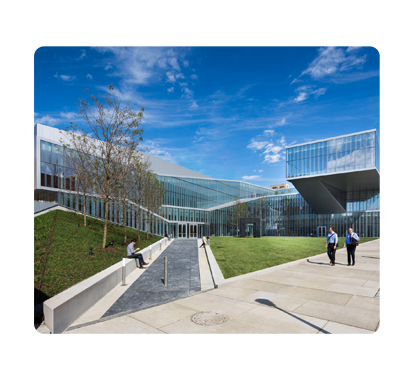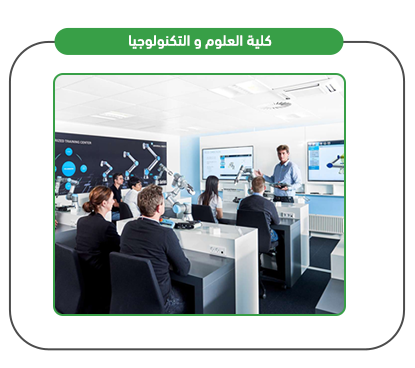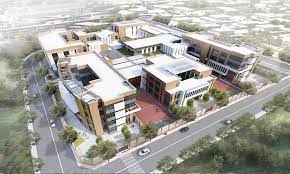The feasibility study for the College of Science and Technology aims to assess the feasibility of establishing a specialized institution that meets the growing demand for scientific and technological competencies. The study includes a comprehensive analysis of the economic, social, and technical factors affecting the project’s success, with a focus on identifying various labor market needs. The study includes an assessment of the necessary infrastructure, such as buildings, laboratories, and equipment, along with an estimation of the costs associated with the establishment and operation process. Criteria for selecting faculty and technicians are also determined to ensure the quality of the educational process, in addition to developing a curriculum development plan in accordance with international academic standards. On the financial side, potential revenues from tuition fees are estimated, along with an analysis of operational costs to ensure the project’s sustainability. The study also includes the development of a comprehensive financing plan and a timeline for the efficient implementation of the project phases. The importance of the feasibility study lies in providing a clear vision of potential strengths and challenges, which helps in making strategic decisions that contribute to the project’s success and ensure the achievement of its educational and development goals.

The College of Science and Technology project is a strategic investment aimed at preparing qualified personnel who keep pace with scientific developments and contribute to supporting sustainable development. The college seeks to create a stimulating environment for research and innovation by offering specialized academic programs that integrate theoretical and applied sciences, ensuring students are equipped with practical skills commensurate with the needs of the labor market. The project’s importance lies in several aspects, most notably the graduation of qualified specialists in fields that witness increasing demand locally and globally, in addition to supporting innovation and entrepreneurship by providing an academic environment that encourages students to develop creative and innovative solutions. The college also contributes to community development by producing research that addresses pressing issues. It also promotes international cooperation by building academic and research partnerships with global institutions, which greatly facilitates the exchange of expertise and raises the level of education and scientific research. Thus, the project is an important step towards building an advanced educational system that supports the transition to a knowledge-based economy and enhances the country’s position in the scientific and technological arena. If you are interested in investing in this successful project, contact your project experts to obtain an unparalleled feasibility study for the College of Science and Technology at a competitive price.



Building a Scientific Community
Diverse academic programs covering multiple disciplines.
Focusing on practical application through laboratories and research projects.
Qualified and experienced faculty.
Encouraging and supporting scientific research.
Close relationships with the industrial sector to provide training opportunities.
A learning environment that stimulates creativity and innovation.
Developing personal skills such as teamwork and critical thinking.
Meeting the needs of the labor market with qualified graduates.
Contributing to solving societal problems through research.
Through conferences and workshops.
Executive summary
Study project services/products
Market Size Analysis
Risk Assessment
Technical study
Financial study
Organizational and administrative study

The Kingdom of Saudi Arabia is the largest Gulf country in terms of spending on education, spending approximately 25% of its general budget on the education sector.
Total education allocations in the Kingdom of Saudi Arabia for the academic year 1437/1438 AH (1997-1998) amounted to 211,836 million riyals.
The total number of students in the Kingdom at the primary, intermediate, and secondary levels reached 7,277,317, representing 22% of the Kingdom’s population.
The total number of students in the primary level reached 3,734,692 in 2016, with males accounting for 51%.
The total number of students in the intermediate level reached 1,682,509, with males accounting for 51.8%.
The total number of students in the secondary level reached 1,860,116, with males accounting for 51.7%. The Makkah and Riyadh regions accounted for 48% of the total number of students in the Kingdom of Saudi Arabia in 2016, with Makkah accounting for 27.9% and Riyadh for 20.1%.

Investment in the Saudi private education sector grew by 3% in 2016, rising to 15.5% compared to 12.5% in 2015. Investment in the private education sector has increased over the past five years, reaching approximately 10 billion riyals.